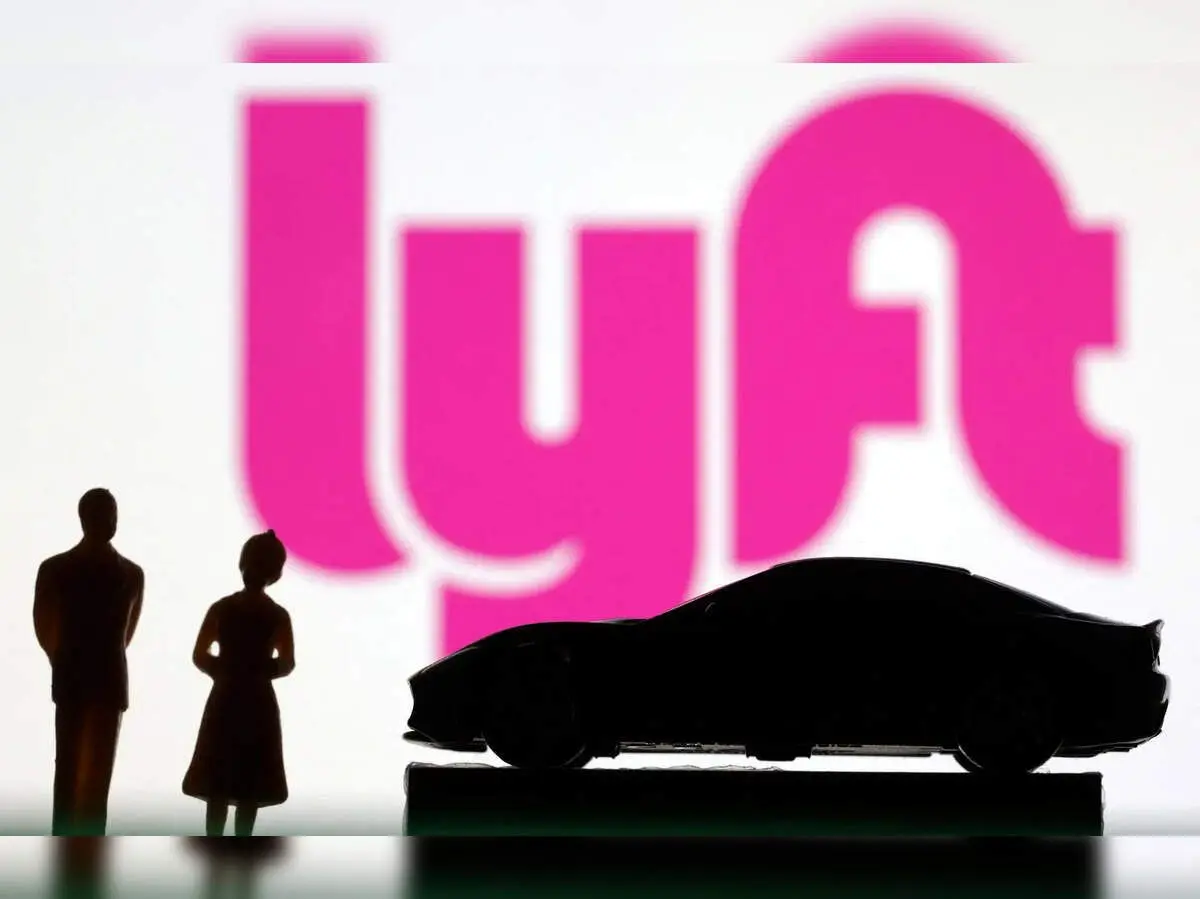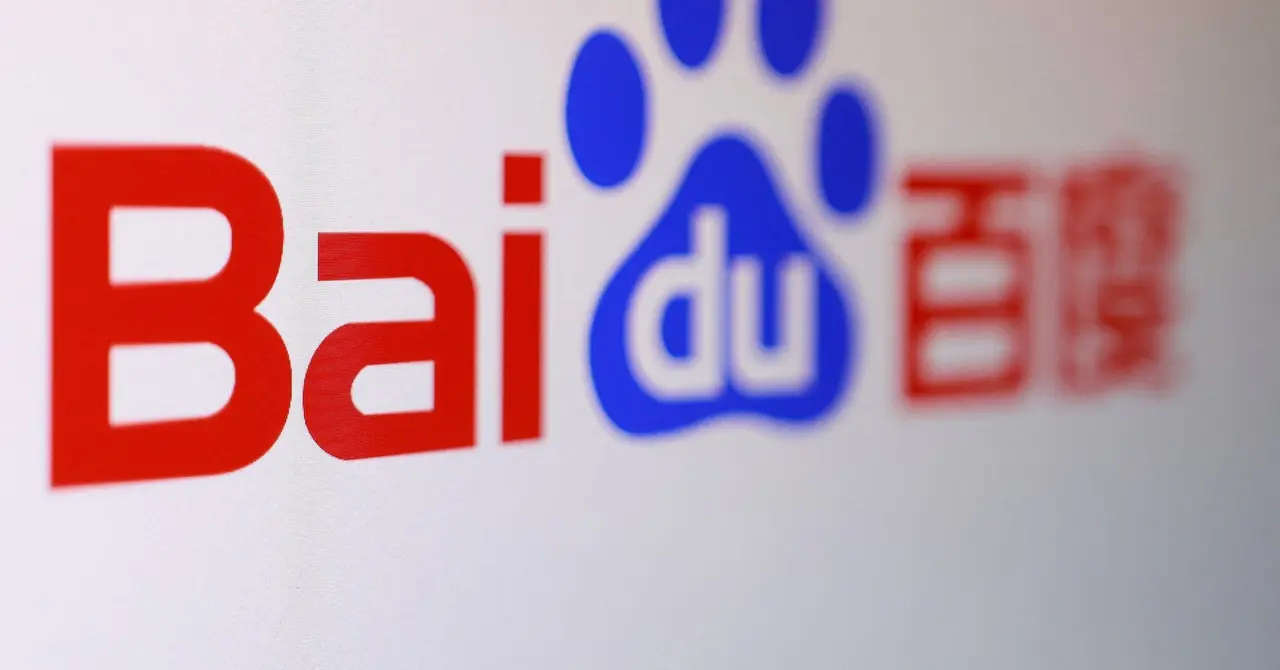Lyft and Baidu Join Forces to Launch Robotaxis in Europe by 2026
3 Sources
3 Sources
[1]
Lyft and Baidu Plan to Launch Robotaxis in Europe Next Year
Watch out, Europe -- the self-driving robotaxis are coming. Chinese internet giant Baidu and Lyft plan to deploy Apollo Go RT6 vehicles in Germany and the UK starting next year. The companies said that pending regulatory approval, the initial rollout will be followed by scaling up thousands of robotaxis across "key European platforms through the Lyft platform." Lyft has only recently entered the European market with its acquisition of Freenow, announced in April. While US markets including Phoenix, Austin and San Francisco have been some of the markets offering robotaxis from companies including Waymo and Tesla. Uber recently announced a global plan to deploy robotaxis with Lucid and Nuro starting next year. For the robotaxi rollout, Baidu will be providing AI technology through its Apollo Go brand, but customers using the service would be hailing rides through Lyft's app and network.
[2]
Lyft and Baidu to launch robotaxis in Europe next year
Robotaxis could be available in Germany and the United Kingdom on the Lyft app as soon as next year. American rideshare company Lyft said it is partnering with Chinese artificial intelligence (AI) firm Baidu to bring robotaxis to Europe next year. The partnership will see Baidu's sixth-generation Apollo Go autonomous vehicles (AVs) available for rides on the Lyft app in Germany and the United Kingdom "pending regulatory approval," Lyft said Monday in a press release. Baidu plans to scale up its fleet to "thousands of vehicles" throughout Europe in the coming years, it said in a post on the social media platform X. The announcement comes days after Lyft announced it had acquired the taxi app FREENOW from BMW and Mercedes Benz for approximately $200 million (€172.8 million), expanding its operations to 180 cities across nine countries in Europe. Lyft, which has had very little presence in Europe so far, said it will prioritise Germany and the UK due in part to FREENOW's existing presence in these countries as well as their "deep relationships with local regulators and taxi operators". For Baidu, it's the latest in a series of partnerships to expand its reach outside China. Last month, Baidu partnered with Uber to bring its autonomous cars to markets outside of the United States and China, focusing specifically on the Middle East in cities like Dubai and Abu Dhabi as well as Asia. "Buckle up! Your driverless ride is on its way," Baidu said Monday.
[3]
China's Baidu to deploy robotaxis on rideshare app Lyft - The Economic Times
Baidu plans to launch its robotaxis on rideshare app Lyft in Germany and Britain in 2026. It did not specify which other countries the cars would be deployed in, and it was not clear how long it might take to gain regulatory approval for the initial deployment.Chinese internet giant Baidu plans to launch its robotaxis on rideshare app Lyft in Germany and Britain in 2026, pending regulatory approval, the two companies said on Monday. Last month, Baidu announced a similar agreement with Uber in Asia and the Middle East as it seeks to take pole position in the competitive autonomous driving field both at home and abroad. Lyft and Baidu said Monday that "in the following years" the fleet of Apollo Go driverless cars will be expanded to thousands of vehicles across Europe. They did not specify which other countries the cars would be deployed in, and it was not clear how long it might take to gain regulatory approval for the initial deployment. Driverless taxis are already on some roads with limited capacity in the United States and China, most notably in the central city of Wuhan, where a fleet of over 500 can be hailed by app in designated areas. Their reach is spreading, with Shanghai's financial district Pudong recently announcing a batch of permits for multiple companies to operate robotaxis. China's tech companies and automakers have poured billions of dollars into self-driving technology in recent years, with intelligent driving the new battleground in the country's cutthroat domestic car market. Baidu is not alone among Chinese companies in searching to expand its foothold abroad. Its rival WeRide is also active in the Gulf region, and in January announced it had been picked to lead a small pilot project in Switzerland. Pony. AI, another Chinese company, said in May that it had signed a deal to launch its self-driving taxis on Uber in "a key market in the Middle East later this year". San Francisco-based Lyft in April said it had agreed to buy German taxi app Freenow, planting a flag in the European market. The acquisition marked Lyft's "most significant expansion outside North America", the group said.
Share
Share
Copy Link
Lyft partners with Chinese AI firm Baidu to introduce autonomous vehicles in Germany and the UK, pending regulatory approval. The collaboration aims to expand to thousands of robotaxis across Europe in the coming years.
Lyft and Baidu Announce European Robotaxi Partnership
In a significant move for the autonomous vehicle industry, American rideshare company Lyft has partnered with Chinese artificial intelligence firm Baidu to bring robotaxis to Europe. The collaboration aims to launch self-driving vehicles in Germany and the United Kingdom as early as 2026, pending regulatory approval
1
2
.
Source: ET
Expansion Plans and Technology
The partnership will utilize Baidu's sixth-generation Apollo Go autonomous vehicles, which will be available for rides through the Lyft app. Following the initial rollout, Baidu plans to scale up its fleet to "thousands of vehicles" throughout Europe in the coming years
2
. This expansion is part of Baidu's broader strategy to establish a strong presence in the global autonomous driving market.For the robotaxi service, Baidu will provide the AI technology through its Apollo Go brand, while customers will hail rides using Lyft's app and network
1
. This collaboration combines Baidu's expertise in autonomous driving technology with Lyft's established rideshare platform and recent expansion into the European market.Lyft's European Market Entry
Lyft's partnership with Baidu comes on the heels of its acquisition of FREENOW, a taxi app previously owned by BMW and Mercedes Benz. The approximately $200 million (€172.8 million) deal, announced in April, has expanded Lyft's operations to 180 cities across nine countries in Europe
2
. This acquisition marks Lyft's most significant expansion outside North America and provides a foundation for the robotaxi rollout3
.Global Competition and Regulatory Challenges
The Lyft-Baidu partnership enters a competitive field of autonomous vehicle deployments. In the United States, companies like Waymo and Tesla have already launched robotaxi services in cities such as Phoenix, Austin, and San Francisco
1
. Uber has also announced plans to deploy robotaxis globally in partnership with Lucid and Nuro1
.Related Stories
Baidu's International Expansion
For Baidu, the partnership with Lyft is part of a series of collaborations aimed at expanding its reach beyond China. Last month, Baidu announced a similar agreement with Uber to bring its autonomous cars to markets in the Middle East and Asia, focusing on cities like Dubai and Abu Dhabi
2
3
.The Future of Autonomous Driving
As the autonomous vehicle industry continues to evolve, companies are investing heavily in self-driving technology. In China, tech companies and automakers have poured billions of dollars into this field, with intelligent driving becoming a new battleground in the country's competitive car market
3
.While robotaxis are already operating with limited capacity in some parts of the United States and China, their reach is expanding. Shanghai's financial district, Pudong, recently issued permits for multiple companies to operate robotaxis, signaling growing acceptance of this technology
3
.
Source: CNET
As Lyft and Baidu prepare to bring their robotaxis to European streets, the success of this venture will depend on navigating regulatory hurdles and gaining public trust in autonomous vehicle technology. The partnership represents a significant step forward in the global adoption of self-driving vehicles and could reshape urban transportation in the coming years.
References
Summarized by
Navi
Related Stories
Recent Highlights
1
Google Gemini 3.1 Pro doubles reasoning score, beats rivals in key AI benchmarks
Technology

2
Nvidia and Meta forge massive chip deal as computing power demands reshape AI infrastructure
Technology

3
ChatGPT cracks decades-old gluon amplitude puzzle, marking AI's first major theoretical physics win
Science and Research








